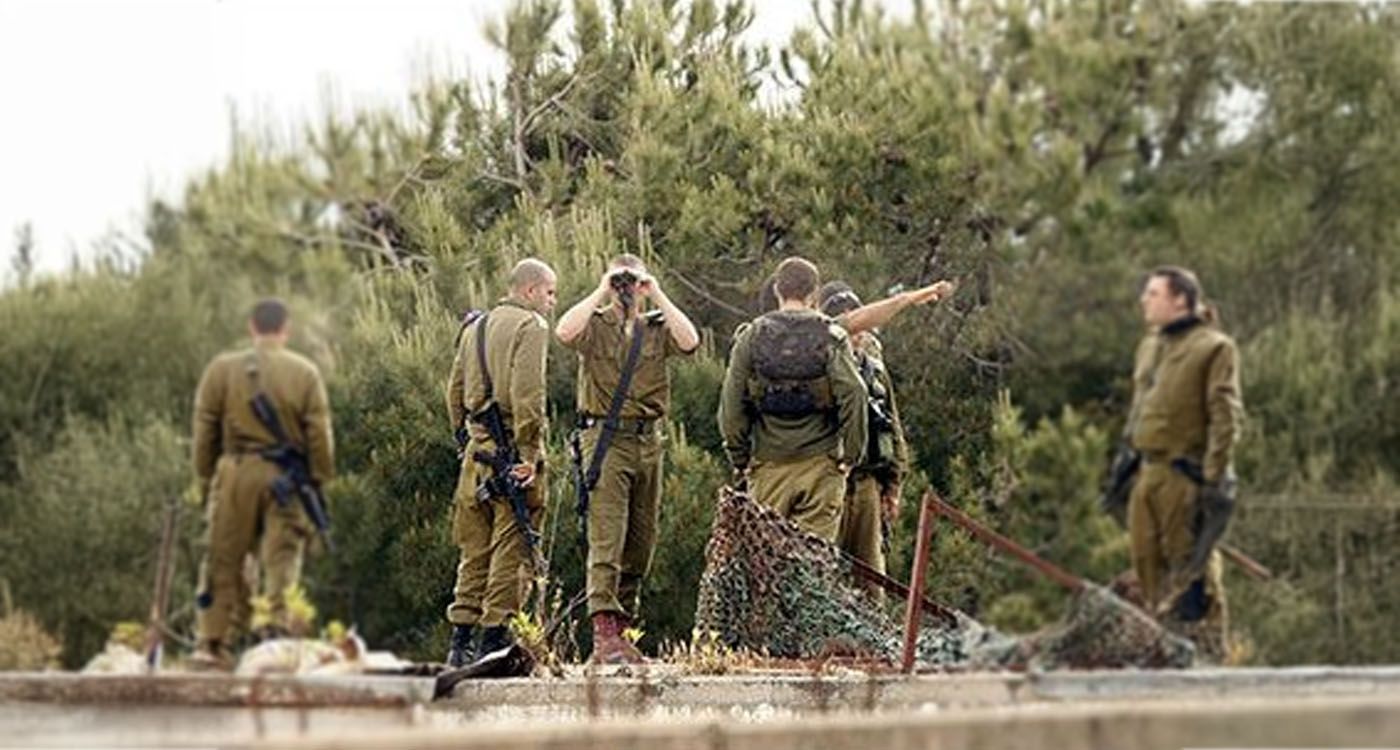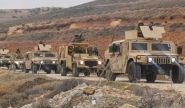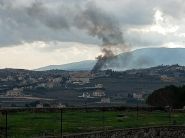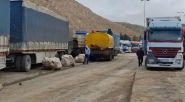
Israeli defense officials increasingly fear that the relative quiet along the northern border may mask conditions for a rapid escalation.
According to Ynet and Yedioth Ahronoth, on Monday, senior Israeli army officers say Hezbollah has continued to reinforce its military infrastructure in Lebanese villages deeper inside the country, despite almost daily Israeli ground and air activity over the past year.
Ynet reports that Israeli army units – initially elite forces and later reservists – have carried out around 1,200 ground incursions into southern Lebanon since the 2024 ceasefire. These operations reportedly reached 3–5 km inside Lebanese territory, occasionally extending to what Israeli officials call the “second line” of villages.
Citing Ynet, these missions included ambushes, reconnaissance patrols, and the demolition of structures, tunnels, and firing positions linked to Hezbollah’s post-2006 fortifications.
The Israeli military announced on Monday the launch of General Staff–level exercises to prepare for a state of war.
According to the Jerusalem Post, and following the killing of Hezbollah’s military chief in Beirut yesterday, the Israeli military is preparing for a potential retaliatory response from the Iran-backed group. So far, however, no new instructions have been issued for civilians.
According to military sources, the Israeli Air Force has strengthened northern air defenses in anticipation of possible rocket attacks from Lebanon and has increased its overall alert status.
At present, and according to the same media, the army has no concrete intelligence suggesting that Hezbollah is planning an immediate rocket strike.
The Home Front Command has also maintained its existing guidelines for civilians, with no adjustments announced.
Israeli Army Operational Logic: Preventing a Repeat of 2006
Senior army figures quoted by Ynet argue that the years following the 2006 war allowed Hezbollah to rebuild extensive “military villages,” embedding tunnels, anti-tank posts, and sniper nests beneath civilian homes.
After 2011, the group reportedly placed Radwan Force attack posts directly on the border.
One army official told Ynet that Israel could not rely on border defenses alone, saying:
“You can’t defend a community like Manara only from the fence. That’s why we operate on the Lebanese side… We cannot repeat 2006.”
According to Israeli assessments cited by Ynet, the strategic goal is to prevent Hezbollah from reconstructing its capabilities within 5–10 km north of the border.
Despite the scale of Israeli activity, Ynet notes that northern communities have recently enjoyed a period of calm - tourism has returned and farmers have resumed fieldwork.
But army officers warn that if Israel initiates a short preemptive campaign, the home front could face:
- Heavy rocket fire on Haifa and the center
- Precision-guided missiles toward Tel Aviv
- Explosive drone attacks
- UAV strikes on infrastructure
These assessments are shared by both Ynet and the Jerusalem Post, which state that Hezbollah is believed to retain tens of thousands of rockets from its pre-war arsenal.
Assassination of Haytham Ali Tabatabai
In what Israeli media describe as the most consequential strike since the November 2024 ceasefire, the Israeli army carried out, on Sunday, a deep attack in Beirut that killed Haytham Ali Tabatabai, a figure Israeli sources identify as Hezbollah’s de facto Chief of Staff.
According to the Jerusalem Post, Tabatabai had overseen several major Hezbollah programs, including:
- The Radwan Force, central to Hezbollah’s 2024 cross-border invasion plan
- Hezbollah’s operations in Syria, supporting the Assad regime
- The organization’s rearmament and reconstruction after the 2024 war
The Jerusalem Post also reports that Tabatabai rose to become Hezbollah’s senior military figure after Israel killed Fouad Shukr, Ibrahim Aqil, and Hassan Nasrallah earlier in 2024.
Hezbollah publicly acknowledged his death, issuing a statement vowing continued resistance against Israel and the United States. However, the pro-Iranian group did not impute his death as “martyrdom on the road to Jerusalem” as was the habit before the ceasefire of September 2024.
Israeli Government Reaction
Prime Minister Benjamin Netanyahu condemned Tabatabai as “a mass murderer.” He asserted that the Beirut strike was retaliation for Hezbollah’s violations of UN Resolution 1701 and the 2024 ceasefire.
Israel’s Ministry of Foreign Affairs also placed responsibility on the Lebanese government, stating that Lebanon had failed to curb Hezbollah’s activities and that the army would continue operating “with determination and precision.”
US Reaction: Washington Not Informed in Advance
Axios, citing a senior American official, reported that Israel did not notify the Trump administration before carrying out the Beirut strike. The U.S. learned of the operation only immediately afterward.
Regional and Lebanese Dynamics
According to casualty figures cited by Ynet and the Jerusalem Post, the Israeli army claims to have eliminated approximately 350 Hezbollah members since early 2025, including nearly 100 in the most recent months – without prompting a major Hezbollah retaliation so far.
Channel 13 reports that additional strikes in southern Lebanon may continue in the coming days, with the aim of disrupting Hezbollah’s attempts to rebuild military positions.
Israeli officials continue to blame the Lebanese Army for inconsistent enforcement, particularly when units include Shiite officers.
Strategic Stakes: Preventing Hezbollah’s Regeneration
Senior Israeli officers quoted in the Jerusalem Post warn that if Israel does not act now, Hezbollah could regenerate its rocket arsenal in a repeat of the post-2006 period, when Israel refrained from intervening in the group’s rearmament process.
An officer cited earlier by Ynet emphasized: “The operation was meant to deter, not to decisively defeat them like Hamas.”
Looking Ahead: Awaiting Hezbollah’s Response
Israeli officials interviewed by the Jerusalem Post say they do not seek large-scale escalation but acknowledge that Hezbollah is unlikely to leave Tabatabai’s assassination unanswered.
For now, both sides appear to be in what Israeli officers describe as a “shaping phase” – Israel preparing for a possible preemptive strike, and Hezbollah deciding when and how to retaliate.



Comments